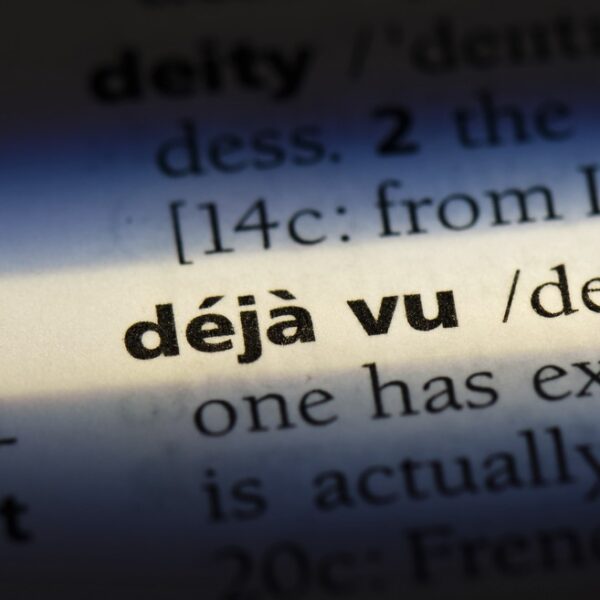
You’re walking somewhere you’ve never been before and suddenly feel as though you’ve strolled down the same road already. You’re experiencing the well-known phenomenon déjà vu — but what is déjà vu, really, and why does the strange feeling happen?
Déjà vu is a French expression meaning “already seen,” which was first used in 1876 by French philosopher Émile Boirac in a letter to his book editor, and later in his published book “The Psychology of the Future” (Keagan Paul, 1918).
Déjà vu is the feeling that something a person is currently experiencing has already occurred in the past. Experts refer to this phenomenon as a memory illusion involving familiarity and unfamiliarity, according to the book “Psychology of Learning and Motivation” (Elsevier, 2010). The illusion pits a person’s impression that an experience is familiar against their knowledge that this sense of familiarity is inaccurate. An estimated two-thirds of people report experiencing déjà vu, the book states, and the frequency of reported episodes decreases with age.
“Writer Fuel” is a series of cool real-world stories that might inspire your little writer heart. Check out our Writer Fuel page on the LimFic blog for more inspiration.

